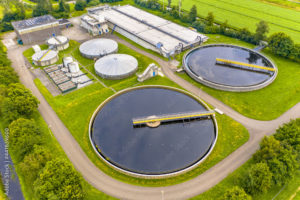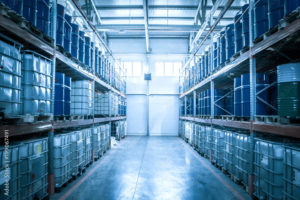Introduction: Indonesia’s chemical industry is a treasure trove of diverse and valuable chemicals in high demand worldwide. With a vast array of natural resources and a rapidly growing industrial sector, Indonesia has become a significant player in the global chemical market. This comprehensive blog post will explore the fascinating world of Indonesian chemicals, highlighting the search volume and popularity of different chemical categories originating from this dynamic Southeast Asian country.
Discovering Indonesia’s Natural Resources
Indonesia boasts an impressive range of natural resources that serve as the foundation for its chemical industry. From the rich biodiversity of its rainforests to the abundance of mineral deposits, Indonesia offers a unique advantage in chemical production. Chemical compounds derived from Indonesian plants, such as essential oils and bioactive extracts, have gained recognition for their therapeutic properties and applications in the cosmetic, pharmaceutical, and food industries. Examples of popular Indonesian natural resources include clove oil, patchouli oil, nutmeg oil, and turmeric extract.
High-Demand Chemical Categories
Let’s delve into the high-demand chemical categories originating from Indonesia and their applications:
Essential Oils:
Indonesia is renowned for its production of high-quality essential oils. Clove oil, with its antimicrobial and analgesic properties, finds use in dental products, aromatherapy, and the fragrance industry. Patchouli oil, prized for its earthy aroma, is utilized in perfumes, soaps, and cosmetics. Other essential oils from Indonesia, such as nutmeg oil, citronella oil, and eucalyptus oil, have diverse applications in personal care, flavouring, and insect repellents.
Speciality Chemicals:
Indonesia significantly produces speciality chemicals, including surfactants, catalysts, and polymers. These chemicals find application in various industries, such as textiles, coatings, adhesives, and electronics. Surfactants are used in detergents, personal care products, and agrochemical formulations, while catalysts play a vital role in chemical reactions for pharmaceuticals and petrochemicals. Additionally, polymers produced in Indonesia contribute to the development of innovative materials and plastic products.
Agrochemicals
With its thriving agriculture sector, Indonesia produces a range of agrochemicals to support crop cultivation. Pesticides, herbicides, and fertilizers are essential for pest control, weed management, and nutrient supplementation. Chemicals like glyphosate, chlorpyrifos, and urea are widely used in Indonesian agriculture, contributing to increased yields and sustainable farming practices.
Food Grade Chemicals
The food industry in Indonesia relies on a variety of food-grade chemicals for processing, preservation, and flavour enhancement. These include food additives like emulsifiers, antioxidants, and flavour enhancers. Emulsifiers ensure stable food emulsions, antioxidants extend shelf life, and flavour enhancers impart desired taste profiles. Common food-grade chemicals used in Indonesia include ascorbic acid, sodium benzoate, monosodium glutamate (MSG), and carrageenan.
Emerging Trends and Innovations
Indonesia’s chemical industry is witnessing rapid growth and innovation. The adoption of sustainable practices, green chemistry initiatives, and advanced technologies are driving progress. Indonesia’s chemical manufacturers are investing in research and development to develop eco-friendly processes, biodegradable materials, and renewable resources. Collaborations between academia, industry, and government bodies are fueling innovation and paving the way for sustainable chemical solutions.
Collaborations and Trade Opportunities
Indonesia offers exciting collaboration and trade opportunities for international businesses. The country has established partnerships with global chemical manufacturers and suppliers, fostering knowledge exchange and technology transfer. Foreign companies can explore joint ventures, distribution agreements, and strategic alliances with Indonesian counterparts, gaining access to a diverse range of chemicals and expanding their market presence.
Sustainable Practices and Environmental Impact
Indonesia recognizes the importance of sustainable practices in the chemical industry. Efforts are being made to minimize environmental impact through waste management systems, resource conservation, and pollution control measures. Indonesian chemical companies are investing in cleaner production technologies, renewable energy sources, and recycling initiatives to ensure a more sustainable and eco-friendly chemical manufacturing sector.
Conclusion
Indonesia’s chemical industry stands as a testament to the nation’s rich natural resources, innovation, and potential. By unlocking the secrets of Indonesian chemicals, we gain insights into the diverse range of products, applications, and trade opportunities that this dynamic country offers. From essential oils to speciality chemicals, agrochemicals, and food-grade chemicals, Indonesia’s contributions to the global chemical market are substantial. As Indonesia continues to invest in research, sustainable practices, and collaborations, the future of its chemical industry looks promising, with abundant opportunities for growth and success.








